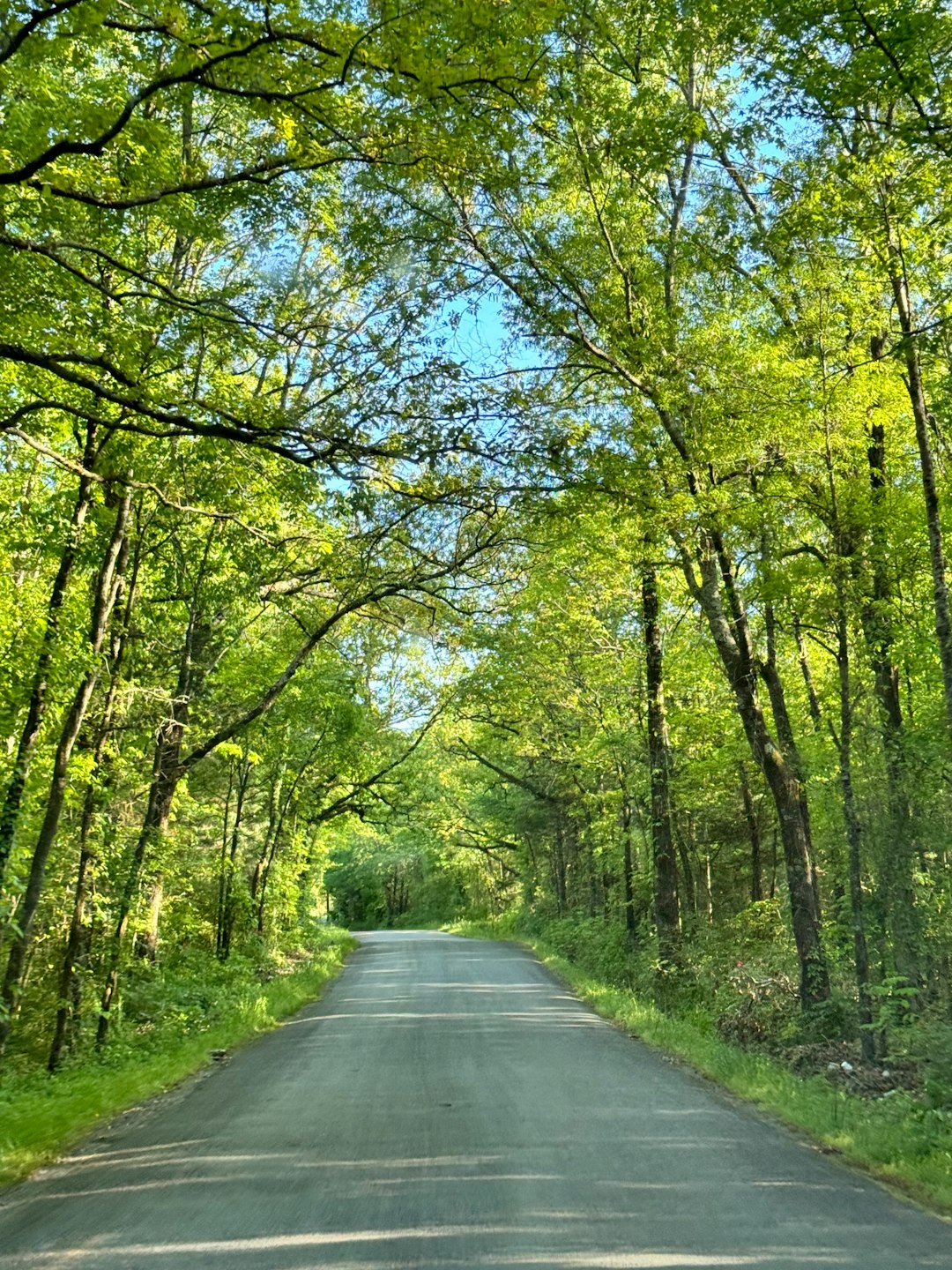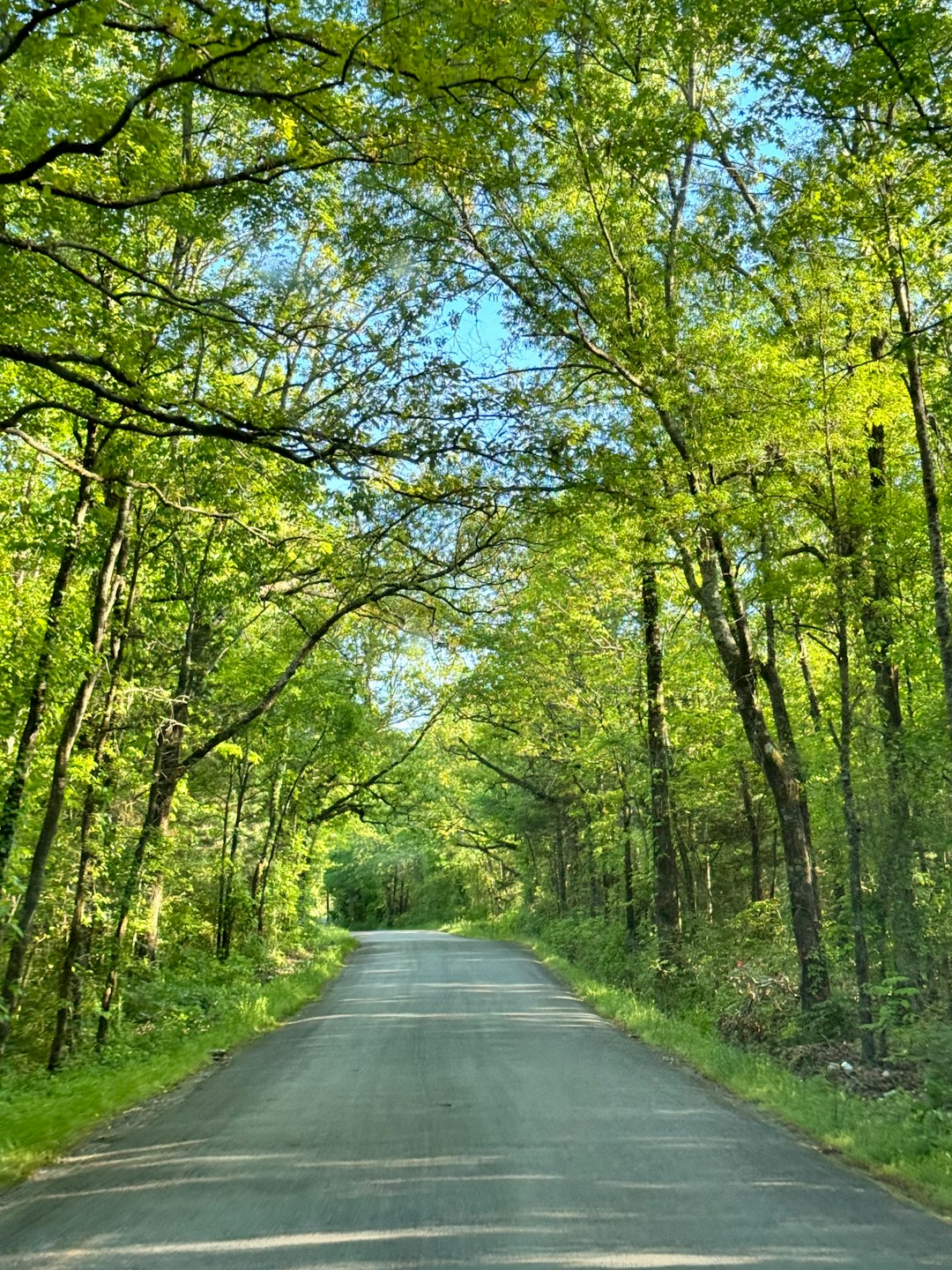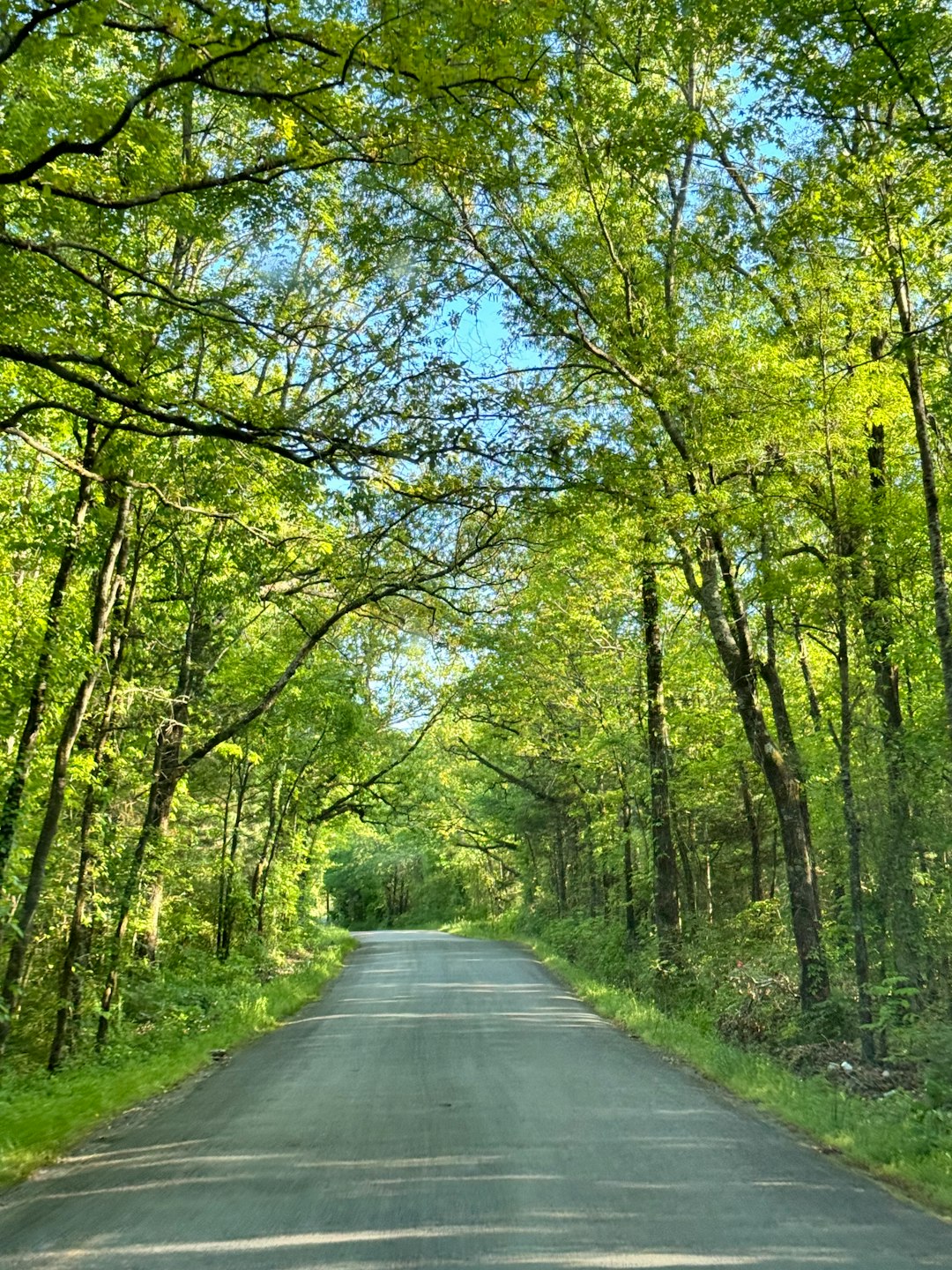In Fayetteville, Arkansas, unwanted telemarketing calls from law firms and attorneys have become a significant problem, impacting residents' daily lives and mental health. Despite the national Do Not Call Registry and state laws, many locals still receive persistent calls. To combat this, Arkansas residents are turning to specialized Do Not Call Lawyers, Attorneys, and Law Firms for legal aid, privacy protection, and peace of mind. Advanced call blocking technology, combined with these legal experts, offers comprehensive defense against intrusive callers, ensuring a quieter environment. Effective solutions require strategic digital system integration, regular updates, transparency, and collaboration with legal professionals to align with legal standards.
In Fayetteville, Arkansas, unwanted calls from telemarketers have become a persistent nuisance. This article delves into the pervasive issue of these calls and their impact on residents’ daily lives. We explore the legal frameworks and existing regulations surrounding do-not-call lists in the state. Furthermore, it highlights the pivotal role technology plays in bolstering do-not-call list effectiveness and offers best practices for implementing digital solutions, providing insights for both residents and the growing number of do not call lawyers Arkansas and do not call attorneys Arkansas.
The Prevalence of Unwanted Calls in Fayetteville, Arkansas

In Fayetteville, Arkansas, the issue of unwanted calls has become increasingly prevalent, affecting residents across the city. With the rise of automated phone systems and telemarketing strategies, many individuals find themselves on the receiving end of incessant calls from law firms, attorneys, and do-not-call lawyers offering dubious services or trying to sell products. This deluge of unwelcome attention has prompted a growing need for effective solutions to combat these intrusive calls.
Fayetteville residents often wake up to a cacophony of phone rings, many of which are from law firms and attorneys advertising their services or pushing unwanted legal advice. The situation is exacerbated by the sheer number of do-not-call lawyer listings in Arkansas, which while designed to protect consumers, can be overwhelming for those genuinely seeking legitimate legal assistance. This constant barrage of calls not only disrupts daily life but also creates a sense of frustration and annoyance among locals who simply want to be left alone.
The Impact of Telemarketing on Residents' Lives

In Fayetteville, like many other cities, residents often face a deluge of telemarketing calls, adding to their daily stress and disrupting their peace. These unwanted calls from law firms, attorneys, and do-not-call lawyers in Arkansas can be particularly irritating, especially when they persist despite registered objections. The constant ringing and the hassle of screening each call take a toll on residents’ mental health and productivity. Many find themselves dodging calls, missing important messages, or even considering changing their phone numbers just to escape the nuisance.
The impact extends beyond individual frustration. Unwanted telemarketing calls can lead to missed business opportunities and legitimate informational sources for residents. Moreover, it contributes to a broader issue of privacy invasion, as personal information is often shared without consent during these calls. This problem has prompted many in Fayetteville to seek legal aid from do-not-call lawyers in Arkansas, hoping to reclaim their peace and control over their communication channels.
Legal Frameworks and Existing Regulations for Do Not Call Lists in Arkansas

In Arkansas, the prevention of unwanted calls is governed by a robust legal framework designed to protect residents from intrusive telemarketing practices. The state has embraced and implemented the national Do Not Call Registry, ensuring that consumers can register their phone numbers to opt-out of most telemarketing calls. This registry, maintained by the Federal Trade Commission (FTC), provides a crucial first line of defense against unwanted calls. Arkansas law further complements these federal regulations with specific provisions targeting commercial call centers and telemarketers operating within the state.
Arkansas residents can seek redress through various legal avenues if their rights are violated. A “Do not call lawyer” or “do not call attorney” in Arkansas can assist individuals in navigating these laws and taking action against persistent or illegal callers. Many law firms specializing in consumer protection offer services tailored to help clients register for the Do Not Call List, file complaints, and seek damages if necessary. These legal professionals play a vital role in upholding the state’s regulations and ensuring that residents are protected from harassing phone calls.
Utilizing Technology to Enhance Do Not Call List Effectiveness

In the ever-evolving digital landscape, technology plays a pivotal role in enhancing the effectiveness of Do Not Call lists, especially for residents of Fayetteville, Arkansas. Innovative tools and software now enable individuals to manage unwanted calls more efficiently than ever before. By implementing robust call blocking and filtering systems, citizens can ensure that their privacy is protected and their peace of mind preserved.
For those seeking legal recourse against persistent unwanted callers, a do not call lawyer in Arkansas can provide crucial guidance and representation. These legal professionals specialize in navigating the complexities of consumer protection laws, empowering individuals to take action against telemarketers and collection agencies. By combining technological solutions with legal expertise, residents of Fayetteville can create a robust defense against intrusive phone calls, enjoying a quieter and more peaceful environment.
Best Practices for Implementing and Maintaining a Digital Do Not Call System

Implementing and maintaining a digital Do Not Call system in Fayetteville, Arkansas, requires a strategic approach to ensure its effectiveness. One of the best practices is to integrate the system with existing phone networks and databases, enabling seamless blocking of calls from registered numbers. This process should be automated to prevent false positives and ensure compliance with state laws, such as those governing do not call lists in Arkansas. Regular updates and maintenance are crucial to keep the system current and accurate, reflecting any changes in consumer preferences or legal requirements.
Additionally, fostering transparency and user-friendliness is essential for public acceptance. A well-designed system should allow individuals to register easily and provide clear instructions on how to opt-out or manage their preferences. Encouraging collaboration with do not call lawyer Arkansas, do not call attorneys Arkansas, or do not call law firms Arkansas can help refine the system, ensuring it aligns with legal standards while offering a robust solution for residents seeking respite from unwanted calls.






